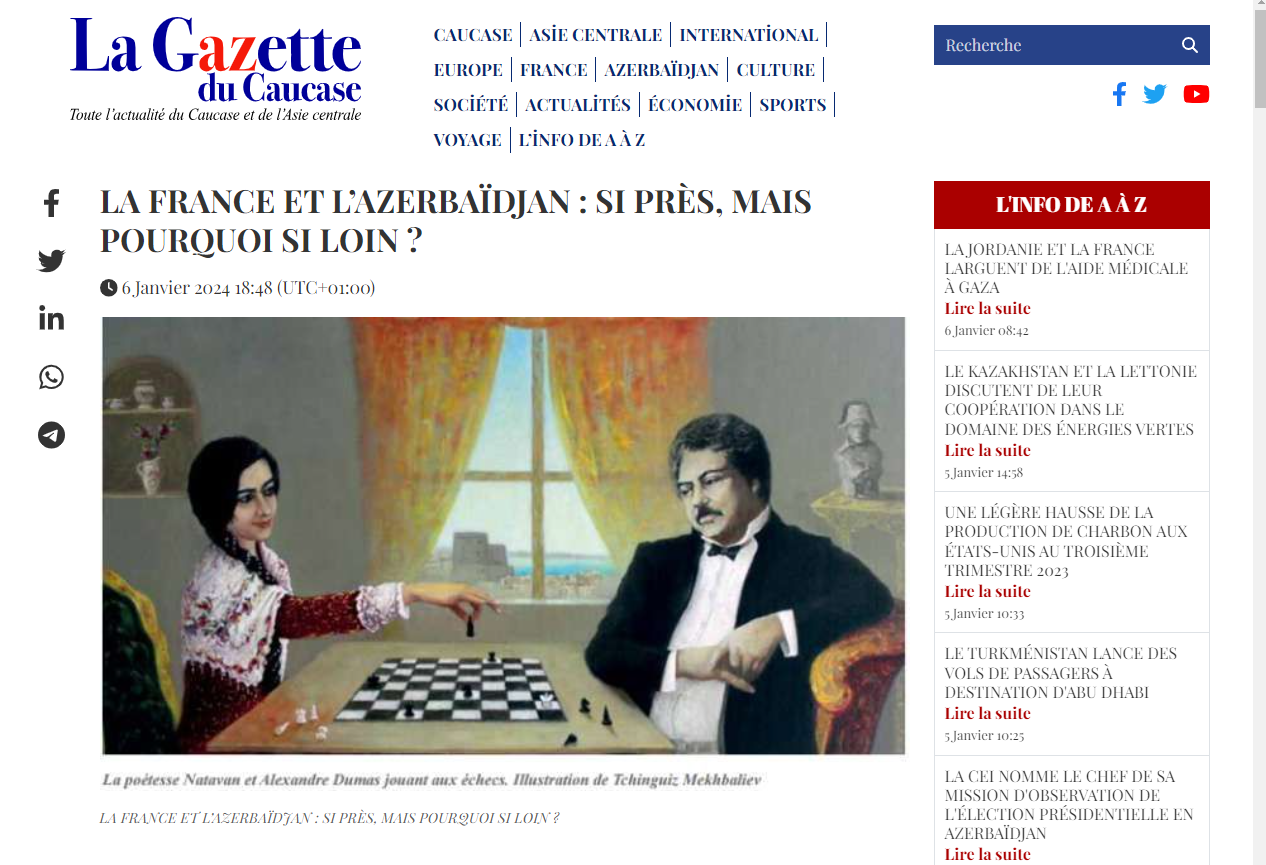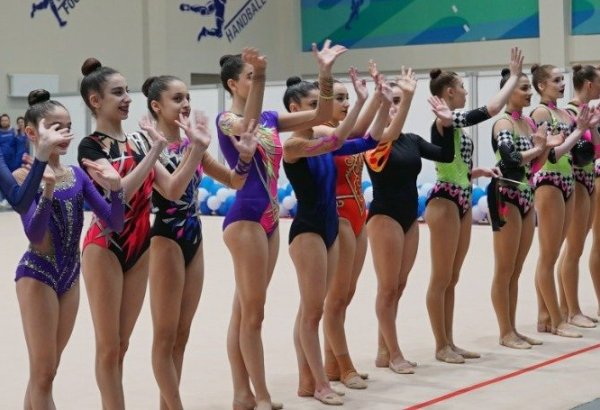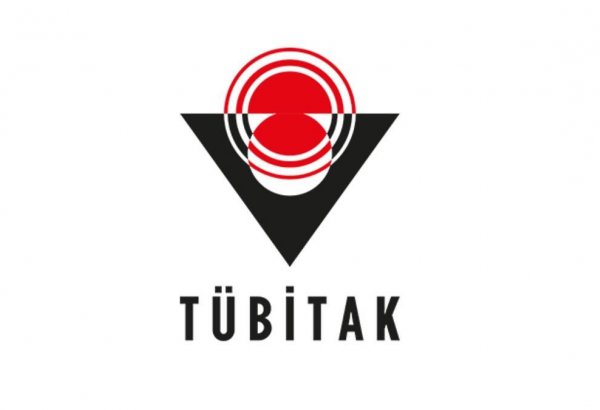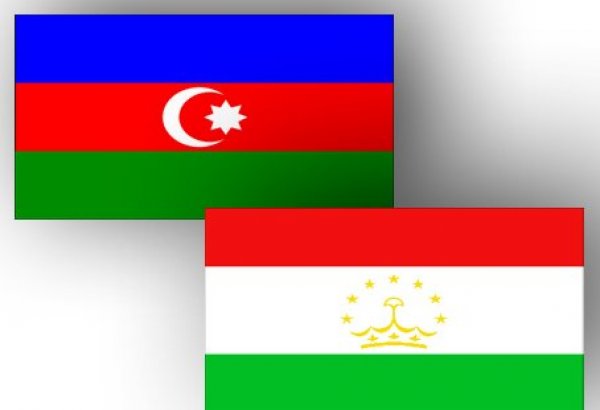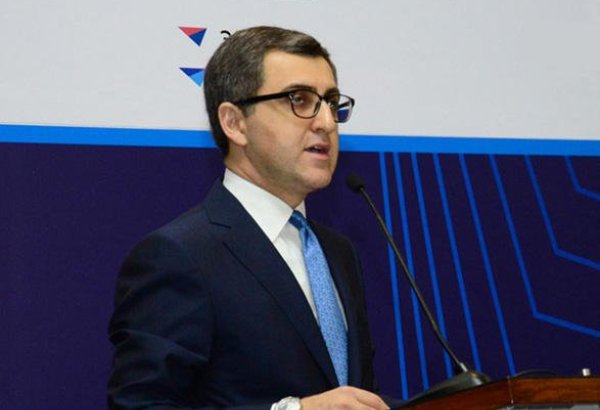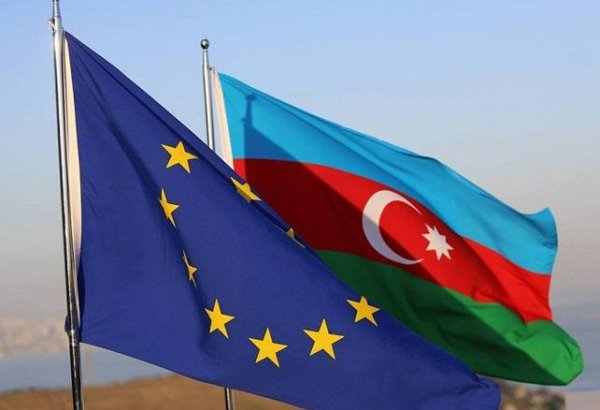BAKU, Azerbaijan, January 7. France and Azerbaijan, which have so much in common, seem to ignore each other, editor-in-chief of the La Gazette du Caucase online newspaper based in Paris, renowned French journalist Jean-Michel Brun wrote in his article.
"Whose fault is this? French politicians who use anti-Azerbaijani propaganda to their own advantage. And yet Azerbaijan remains a profoundly Francophile country. Frankly, we don't understand. France and Azerbaijan have everything in common, two countries of infinite cultural richness. We need only think of Nizami Ganjavi, who in the 12th century promoted the values of liberty, equality, and fraternity that would become the values of the "Lumières" five centuries later; the poetess Natavan, a Francophile and Francophone, whom Alexander Dumas met and admired; the architecture of Baku, inspired by that of Haussmann, which led to the capital of Azerbaijan being called "the Paris of the Caucasus". There's also the music. The traditional Mugham and the more classical opera Leyli and Majnun by Azeri composer Uzeyir Hajibeyov, performed in front of General de Gaulle during his visit in 1944. Baku is also one of the world's painting capitals, with a wealth of renowned artists, including Vugar Muradov, Anar Huseynzade, Farid Rasulov and many others," he wrote.
Brun also noted that Azerbaijan is a pioneer in the emancipation of women, giving them the right to vote 14 years before France did.
Lastly, it is one of the most multicultural countries on the planet, with its Shiite and Sunni mosques, synagogues, churches and temples, and its peoples whose traditions are preserved and encouraged. It is also the first secular country in the region.
"So, we don't understand why French politicians spew so much hatred towards such a Francophile country, why a town wants to remove the statue of the poetess Natavan, an emblem of gender equality, and why France stubbornly supports armed groups that have occupied Azerbaijan for almost 30 years, in defiance of international law and UN resolutions, even though France itself voted for them. So, of course, we can always point to the power of the lobby formed by the French Armenian diaspora, blind and to the point. But why follow their absurd propaganda and the heaps of hatred they pour out on the net? And yet, despite everything, the Azerbaijanis love France, at least the admirable and admired France of Moliere, Victor Hugo and Zola, and also the France of those foreigners who came to bring their culture and their identity, without ever abandoning their own: Leonardo da Vinci, Picasso, Dali, Chagall, Giacometti, Ionesco, Beckett, Kundera, Semprun, Chopin, Villa-Lobos, Albeniz, Rachmaninov, Honegger, Miles Davis, Cziffra, and the Azerbaijanis Robert Hossein and Mstislav Rostropovitch. Thousands more like them have chosen France as their home," he added.
The editor-in-chief rightly pointed out that French people who visit Azerbaijan all fall in love with this magnificent country, which is so far removed from the image that the French media, unfortunately, try to impose on the public.
The article further reads:
Lucie is a young doctoral student who has chosen to settle in Baku. She has fallen under the spell of the country and has been struck by the similarities between the two cultures, using theatre as a means of bringing them closer together. "I'm in Azerbaijan to consolidate our cultural relations," she says. "I believe that theatre, and comedy in particular, can help us to open up to a country without judgement. It's a universal space where the community can come together as equals. Unfortunately, in the current circumstances, it's not an easy mission. But I hope to find support for this type of initiative both in France and in Azerbaijan. For example, I've twice had the opportunity to stage French plays in Baku with Azerbaijani students learning French. Once at the Franco-Azerbaijan University (UFAZ) with 'Le bourgeois gentilhomme' by Moliere and once at UFC, a foreign language centre, with 'Le prix du bonheur' by Alexandre Dumas fils.
And I'm doing my doctoral thesis on dramaturgy. "My thesis is entitled "The archetypes of literary characters in the works of Molière and Mirza Fatali Akhundov".
"I'd like Azerbaijan and France to renew their friendly relations with a view to consolidating their partnerships in the fields of education and culture," adds Lucie, "in particular by creating exhibitions of French painters, French literary salons and French theatres in Azerbaijan, so that in the eyes of Azerbaijanis, France is not limited to the Eiffel Tower, perfumes, croissants and, unfortunately, a few thoughtless initiatives.
In France too, I'd like to see access to Azerbaijani culture and language opened up through university exchanges, so that the French view of Azerbaijan is not limited to the conflict with its neighbor, but also the beauty of its culture, the hospitality and modesty of its people, and their love of beauty in all things."
Serge has lived and worked in Azerbaijan for 9 years. He too has difficulty understanding the 'official' French position on the country: "I invite the French to come and discover Azerbaijan for themselves. See Baku and the other cities, see the reality of multiculturalism, the different ethnic groups. There are Muslims, Catholics, Orthodox, Jews, Tats, Talish, Oudis and Lezgins minorities here, and you have to see that for yourself. Nobody is persecuted here. It was a real revelation for me, and I said to myself that if there is such a thing as a secular, multicultural country, it's Azerbaijan. Come and discover this country, and you will see the joy of a people who are at the same time Russian, Persian and Turkish."
We could also mention Maurice, the former director of the French Institute in Baku and son of a famous French academician, who has set up a restaurant in Baku's Old City where the French flag flies proudly, without the Baku people reacting in the slightest.
As for the Azerbaijanis, despite the calumnies that a certain France spreads about them, they welcome the French with indescribable kindness, as if nothing had happened. Azerbaijanis in France are even campaigning for the two countries to rediscover the bond that has united them for so many years, before others set out to break it.
Aytan Muradova is vice-president of the Association Dialogue France-Azerbaijan, which organises concerts and cultural events throughout the year.
"My grandfather's life was saved in a concentration camp during the Second World War thanks to a French doctor who shared his meager provisions with him," she tells us. "Since then, our family has grown up with a love of France and its literature, and for the past 30 years, I've been working here to promote Azerbaijan, its music, its writers and its multi-ethnic culture, which is unique in the world. I hope that this dialogue, once established between Heydar Aliyev and Francois Mitterrand, then Jacques Chirac, will regain the strength it once had, because it is necessary, including for the peaceful balance of the region".
Reza Deghati is an internationally renowned photographer. His photos of Commander Massoud have been shown around the world. He lives between Baku and Paris: "France is my home and my port of call," he says. "It is the standard-bearer of one of the civilizations that has marked the history of humanity. Azerbaijan and France have a great deal in common and can work together for peace in the Caucasus region, provided, of course, that France bases its policy on reality and not on the whims of evil geniuses bent on hatred".
Maya represents the new generation of Azerbaijani photographers. At the age of 25, her piercing eye captures the contrasts of Baku, the distress of the devastated territories of Karabakh, the memory of the prehistoric life of the first Caucasians in Gobustan, and the fervor of the Mountain Jews in Krasnaya Sloboda. "The French language has a special place in our family. My aunt and uncle speak French, and as soon as I could, I learnt it too", she enthuses. "I came to Paris to study photojournalism, took part in competitions and did reports on the ‘Gilets Jaunes’ and the ‘zadists’. Today, alongside my work as a photographer, I teach music at the Lycee français de Bakou, a prestigious school, a little corner of France in the Caucasus". What does she want? That her photos will help to make the subtleties of the Azerbaijani soul better known to the French.
What madness could have possessed the French MPs who chose to put an end to the Franco-Azerbaijani parliamentary friendship group? What blindness led the mayor of Evian to rename the "Park of Azerbaijan", when avenues all over France honor Marshal Bugeaud, the murderer of tens of thousands of Algerians?
No, xenophobia, the myth of the "clash of civilizations", the foggy theory of the "great replacement", this is not France. These deadly ideologies are the outposts of a brown plague that is galloping back to trample on the values inscribed on the pediment of our buildings since the Revolution, and which were only replaced during the sordid days of the occupation.
But let us not despair. Peace is being established directly between Azerbaijan and Armenia, far from the sterile agitation of the so-called "arbitration" countries. What will these politicians say when the two countries become friendly nations again? That they were ridiculous to take sides with movements that were behind dozens of terrorist attacks in which more than 70 people were killed, while Armenia and Azerbaijan were trying to find a peaceful solution to their conflict? Perhaps. But it is rarely the prerogative of politicians to show contrition. In reality, the majority of French politicians have been elected by default, and the people no longer give them any credit. So let's bet that, with or without them, it doesn't matter, Azerbaijan and France will renew friendly relations that can only be mutually enriching.








